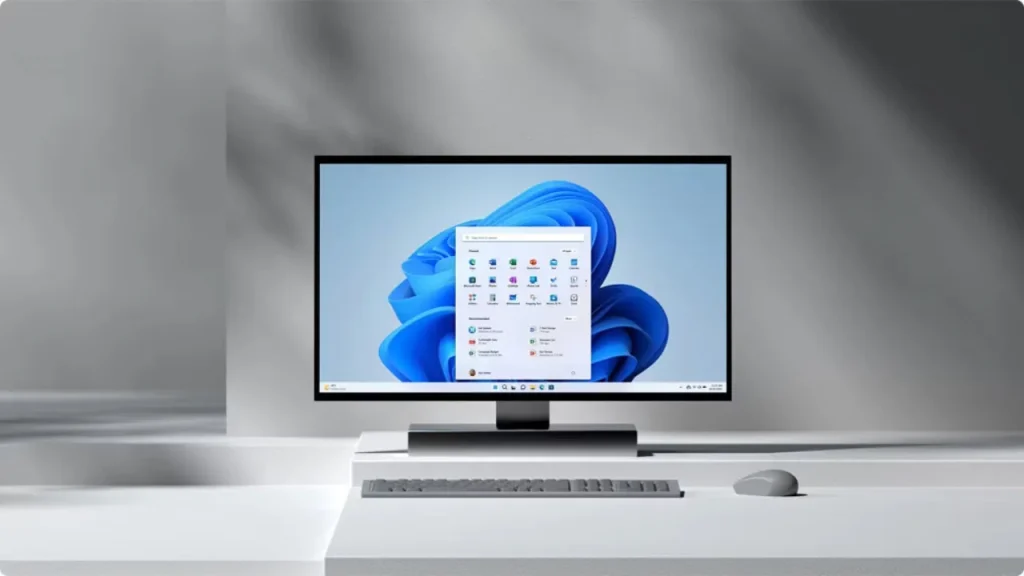Managing storage on a PC can often be a frustrating experience, especially as users accumulate files and programs over time. When storage capacity is maxed out, performance issues can arise, slowing down the system. This article explores practical steps that can be taken to free up space efficiently, from emptying the Recycle Bin to utilizing external drives and cloud services.
| Article Subheadings |
|---|
| 1) Empty the Recycle Bin |
| 2) Delete Unnecessary Applications |
| 3) Delete Files You Don’t Need |
| 4) Enable Storage Sense on Windows |
| 5) Explore Cloud Storage Solutions |
Empty the Recycle Bin
The Recycle Bin serves as a temporary holding area for files that have been deleted. However, these files still occupy space on your hard disk until the Recycle Bin is emptied. By default, Windows keeps deleted files in the Recycle Bin for 30 days. Users may neglect this step, allowing unnecessary data to accumulate. To reclaim this space, follow these straightforward steps:
- Locate the Recycle Bin on your desktop.
- Right-click to select Empty Recycle Bin.
- Confirm the deletion when prompted.
By conducting this simple action regularly, users can ensure their PC has sufficient capacity for new files and applications. Regular maintenance of the Recycle Bin can significantly contribute to system performance.
Delete Unnecessary Applications
Many users install applications that they later forget or no longer use, which can consume valuable disk space. Unused applications not only take up storage, but they can also hinder your computer’s performance. Therefore, routinely assessing and removing these unneeded programs is a wise practice:
- Open the Settings menu.
- Navigate to the Apps section.
- Select Installed apps to view all applications currently on your PC.
- Sort the applications by size to identify the largest ones.
- Click on an application and select Uninstall to remove it.
Developing a habit of evaluating which applications are unnecessary can lead to improved system efficiency and provide a more streamlined user experience. Removing these unused applications is a proactive approach to managing disk space.
Delete Files You Don’t Need
In addition to clearing out applications, individual users should periodically review personal files for deletion. Over time, many files accumulate and may no longer be useful, including old documents, large video files, and duplicate photos. A step-by-step process to effectively clear out these files includes:
- Open the Settings menu and click on System.
- Then, choose Storage to see a breakdown of how space is utilized.
- Take time to sift through your files and delete any that are outdated or no longer needed.
If there’s uncertainty about deleting specific files, consider transferring them to an external drive or utilizing cloud storage solutions. This enables users to eliminate excess files while still retaining the option to access the content if needed in the future.
Enable Storage Sense on Windows
Windows offers an integrated feature known as Storage Sense designed to automate the space-clearing process. By enabling Storage Sense, users can set preferences for how often and which types of temporary files to remove automatically. To turn on this feature, follow these instructions:
- Open Settings and navigate to System and then Storage.
- Select Storage Sense and switch it to On.
- Under the Configure cleanup schedules section, select how frequently you want it to run—daily, weekly, or monthly.
Once configured, Storage Sense will periodically manage space, ensuring that the PC remains operational with adequate room for new files. This feature simplifies maintenance and helps keep the system running optimally with minimal effort.
Explore Cloud Storage Solutions
Utilizing cloud storage is a modern solution for storing data without burdening your PC’s internal storage. Services like Google Drive, Dropbox, and Microsoft OneDrive allow users to securely store photos, videos, and documents online. These platforms typically offer a range of free storage options before transitioning to paid plans:
- Google Drive offers 15GB of free storage.
- Dropbox provides 2GB for free, with paid upgrades available.
- OneDrive supplies 5GB for free, with enhanced storage included in Microsoft Office 365 subscriptions.
Cloud services offer benefits beyond storage, including automatic syncing across devices and robust security options. Users can access files from anywhere, simplifying collaboration and file sharing while providing peace of mind through secure encryption. Cloud storage can thus be an efficient way to manage and safeguard digital assets.
| No. | Key Points |
|---|---|
| 1 | Empty the Recycle Bin regularly to free up space. |
| 2 | Uninstall unnecessary applications to improve performance. |
| 3 | Delete old files and documents that take up space. |
| 4 | Enable Storage Sense to automate storage management. |
| 5 | Utilize cloud storage solutions for additional space. |
Summary
The challenge of managing storage on a PC can often seem overwhelming. However, implementing these practical techniques can significantly enhance performance and create more efficient working conditions. By regularly managing files, uninstalling unused applications, and leveraging cloud storage, users can experience a better functioning computer that meets their needs effectively.
Frequently Asked Questions
Question: How often should I empty my Recycle Bin?
It’s a good idea to empty your Recycle Bin regularly—at least once a month—to free up disk space and maintain system performance.
Question: What are the benefits of using cloud storage?
Cloud storage offers easy access to your files from anywhere, automatic backups, scalability for storage needs, and enhanced security features like encryption.
Question: Is it safe to delete files permanently?
If you are sure that you no longer need certain files, deleting them can help free up space. However, it’s advisable to back up important files to an external or cloud storage solution before deletion.
